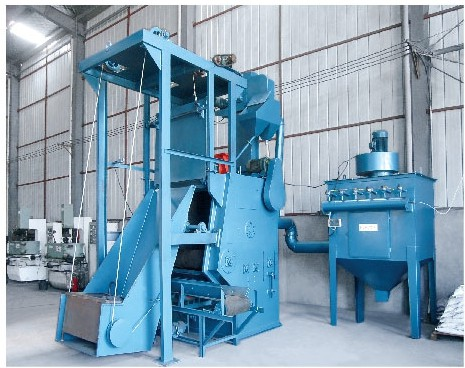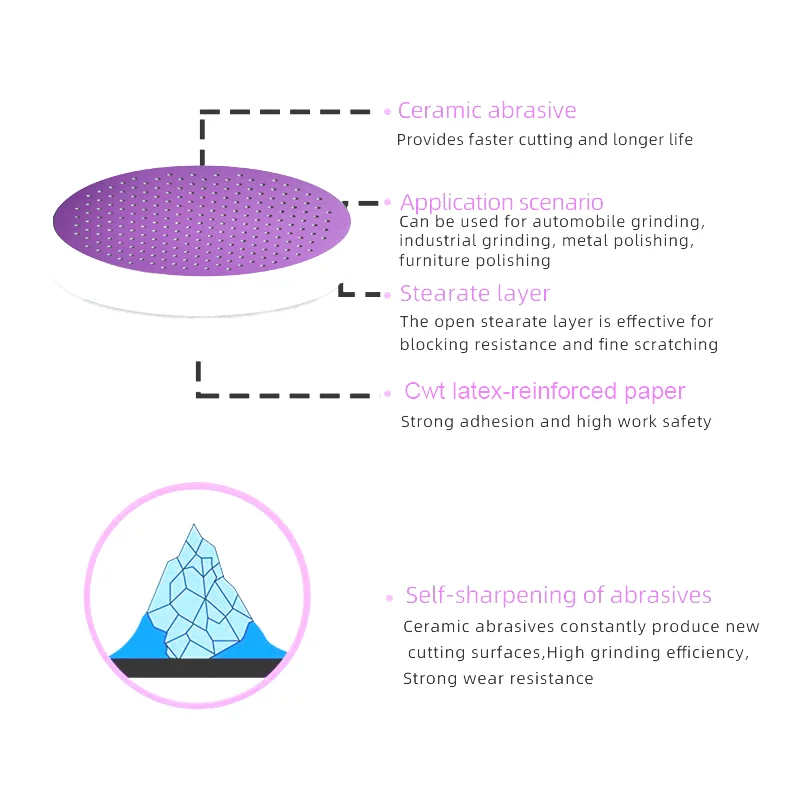When it comes to modern kitchen appliances, the dishwasher stands out as a true game-changer. Not only does it save time and effort, but it also ensures that your dishes are cleaned to perfection. However, with a plethora of options available in the market, choosing the right dishwasher can be a daunting task. This comprehensive guide will delve into the essential factors to consider when selecting a dishwasher, ensuring you make an informed decision that meets your specific needs.
- Understand Your Needs
Before diving into the technical specifications, it’s crucial to assess your own requirements. Consider the following questions:
- Household Size: How many people are in your household? Larger families may require a dishwasher with a higher capacity.
- Dishwashing Frequency: Do you entertain often, or do you prefer to wash dishes daily? This will influence the size and features you need.
- Type of Dishes: Are you washing delicate glassware, heavy pots, or a mix? Some dishwashers have specialized cycles for different types of dishes.
- Size and Capacity
Dishwashers come in various sizes, typically categorized as standard, compact, and built-in.
- Standard Dishwashers: Usually 24 inches wide, these models are ideal for larger households and can accommodate 12 to 16 place settings.
- Compact Dishwashers: Ranging from 18 inches wide, these are perfect for smaller kitchens or apartments, holding 8 to 10 place settings.
- Built-in vs. Portable: Built-in models are installed under the counter, while portable dishwashers can be moved around. Consider your kitchen layout and available space.
- Energy Efficiency
Energy efficiency is not just an environmental concern; it also impacts your utility bills. Look for dishwashers with the ENERGY STAR label, which indicates they meet strict energy efficiency guidelines.
- Water Usage: Modern dishwashers use significantly less water than hand washing. On average, they use about 3 to 5 gallons per cycle, compared to 20 gallons for hand washing.
- Energy Consumption: Check the energy consumption ratings. A more efficient model may have a higher upfront cost but will save you money in the long run.
- Noise Levels
Noise levels are often overlooked but can significantly affect your kitchen experience, especially in open-concept homes.
- Decibel Ratings: Dishwashers typically range from 40 to 60 decibels. A model under 45 decibels is considered quiet and suitable for homes where noise is a concern.
- Sound Insulation: Look for models with sound-dampening features, such as thicker insulation and sound-absorbing materials.
- Cleaning Performance
The primary function of a dishwasher is to clean effectively. Consider the following features that enhance cleaning performance:
- Wash Cycles: Look for multiple wash cycle options, including heavy-duty, quick wash, and eco-friendly settings. This versatility allows you to customize the wash based on the load.
- Spray Arm Design: Advanced spray arm designs, such as third racks or rotating jets, can improve water coverage and cleaning efficiency.
- Soil Sensors: Some models come equipped with soil sensors that adjust the wash cycle based on the dirtiness of the dishes, ensuring optimal cleaning without wasting resources.
- Drying Options
Effective drying is just as important as cleaning. There are several drying technologies to consider:
- Heated Dry: This option uses a heating element to dry dishes quickly but can consume more energy.
- Condensation Drying: This energy-efficient method uses the residual heat from the wash cycle to dry dishes, making it a popular choice for eco-conscious consumers.
- Fan-Assisted Drying: Some high-end models feature a fan to circulate air, speeding up the drying process.
- Smart Features
In an age of smart technology, many dishwashers now come equipped with advanced features that enhance convenience:
- Wi-Fi Connectivity: Allows you to control and monitor your dishwasher remotely via a smartphone app.
- Smart Diagnostics: Some models can troubleshoot issues and provide maintenance alerts, reducing downtime.
- Voice Control: Integration with smart home systems enables voice-activated commands for added convenience.
- Budget Considerations
Finally, establish a budget that aligns with your needs and preferences. Dishwashers can range from a few hundred to several thousand dollars.
- Initial Cost vs. Long-Term Savings: While it may be tempting to choose a cheaper model, consider the long-term savings associated with energy-efficient models.
- Warranty and Service: Look for brands that offer robust warranties and reliable customer service, as this can save you money on repairs in the future.
Conclusion
Choosing the right dishwasher involves careful consideration of various factors, from size and capacity to energy efficiency and cleaning performance. By understanding your specific needs and evaluating the features that matter most to you, you can make an informed decision that enhances your kitchen experience. Remember, a good dishwasher is not just an appliance; it’s an investment in convenience and efficiency that will serve you well for years to come. Happy dishwashing!








+ There are no comments
Add yours